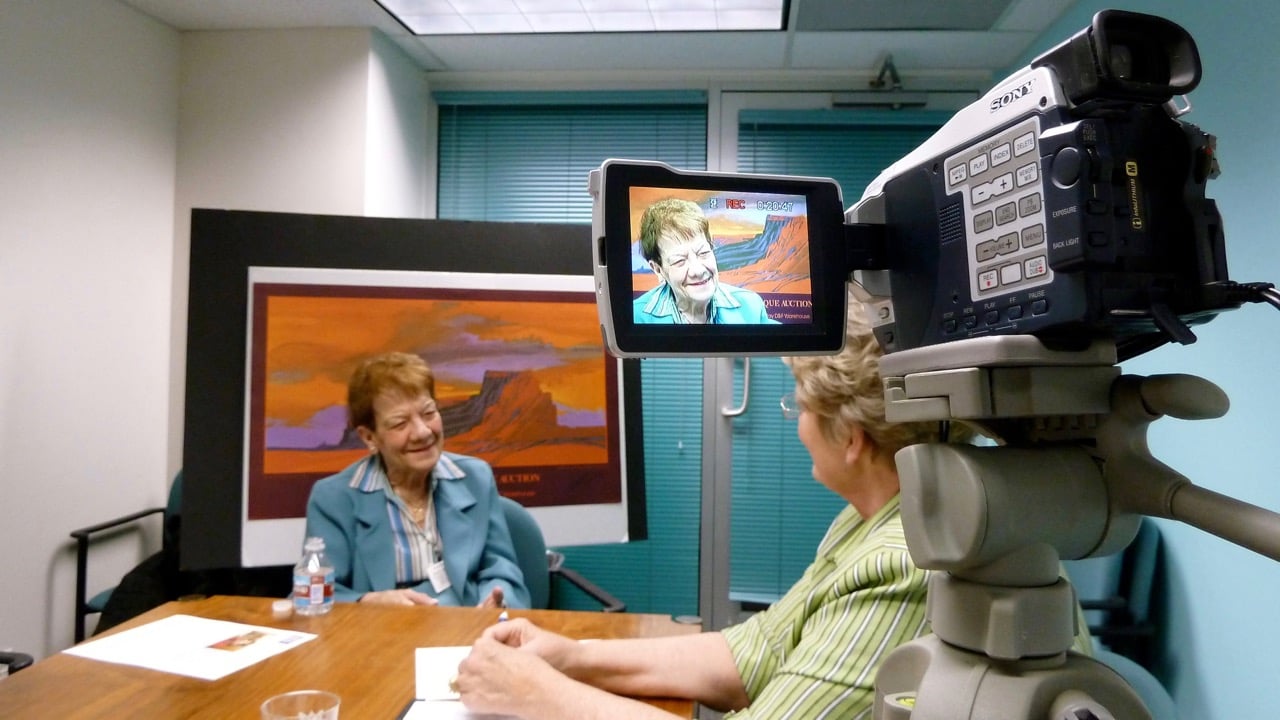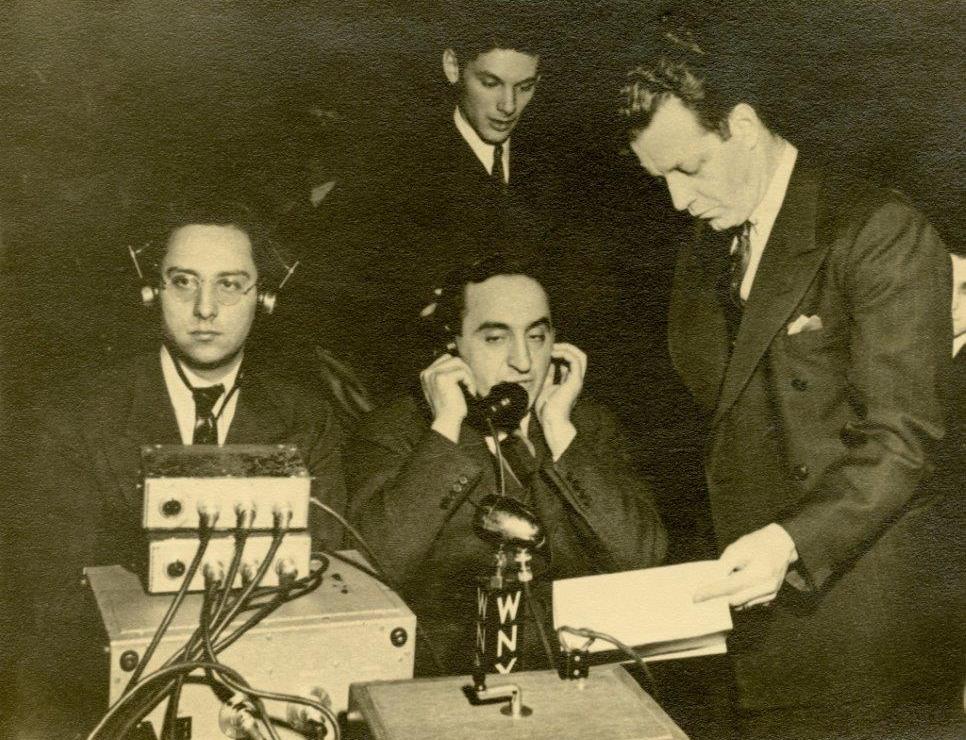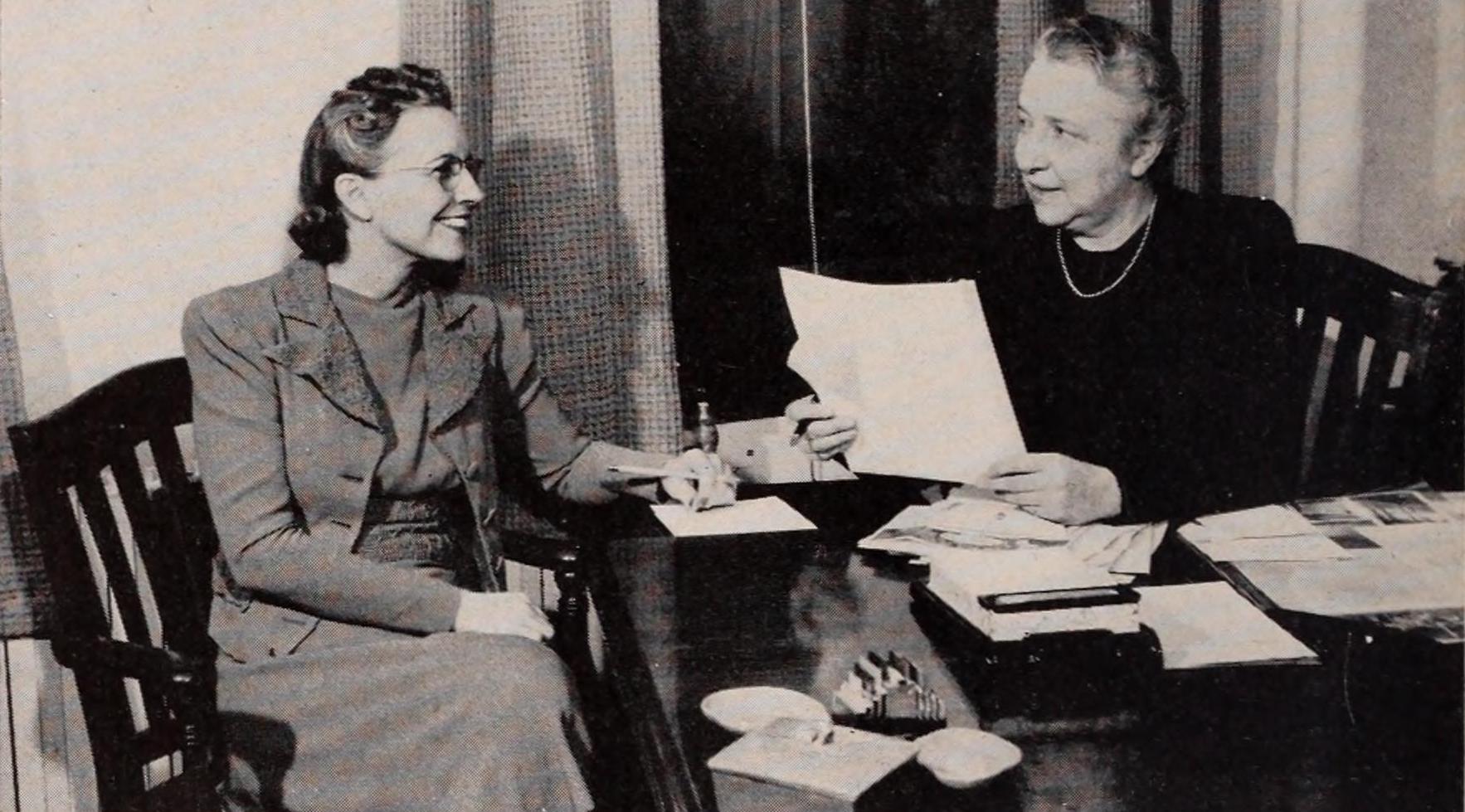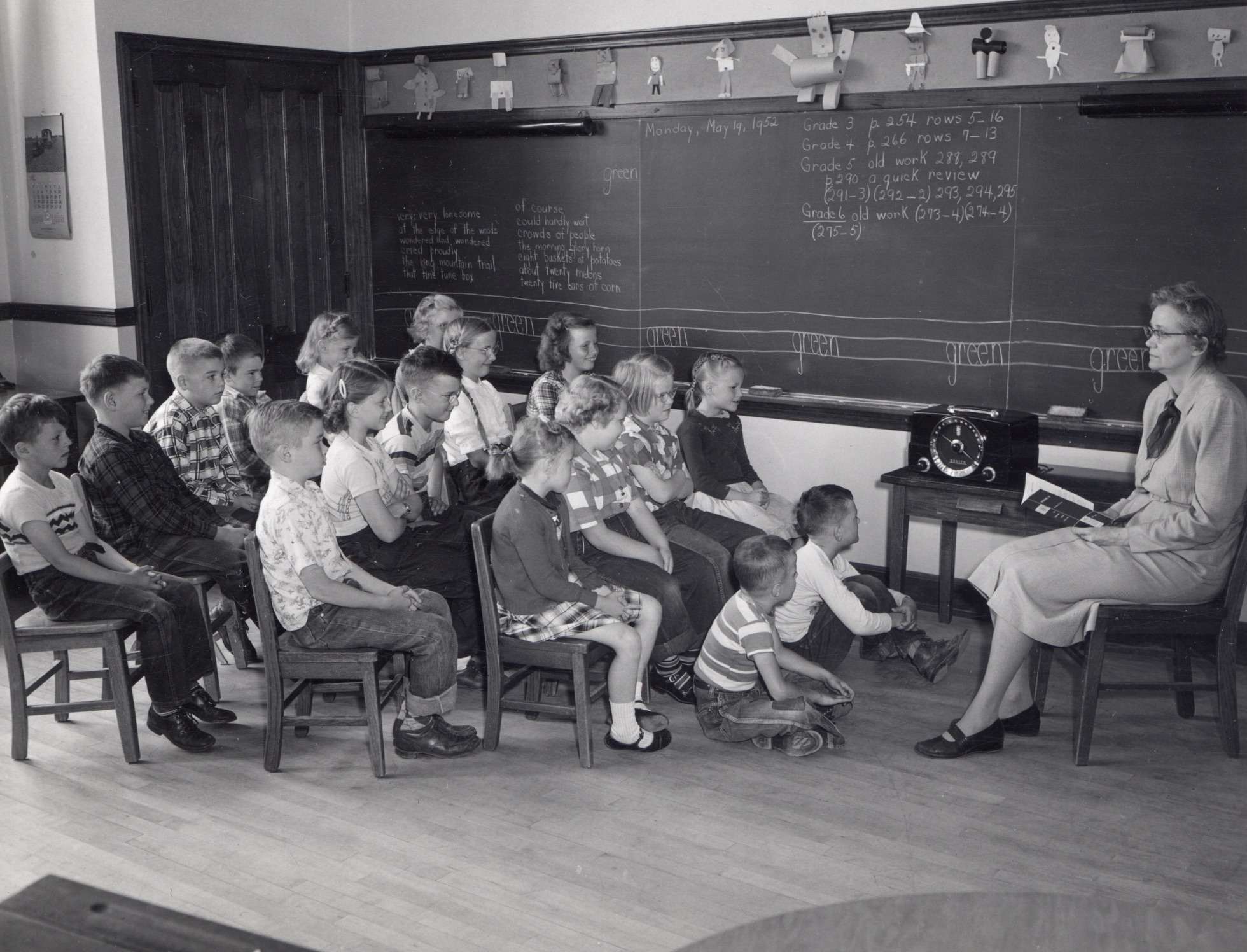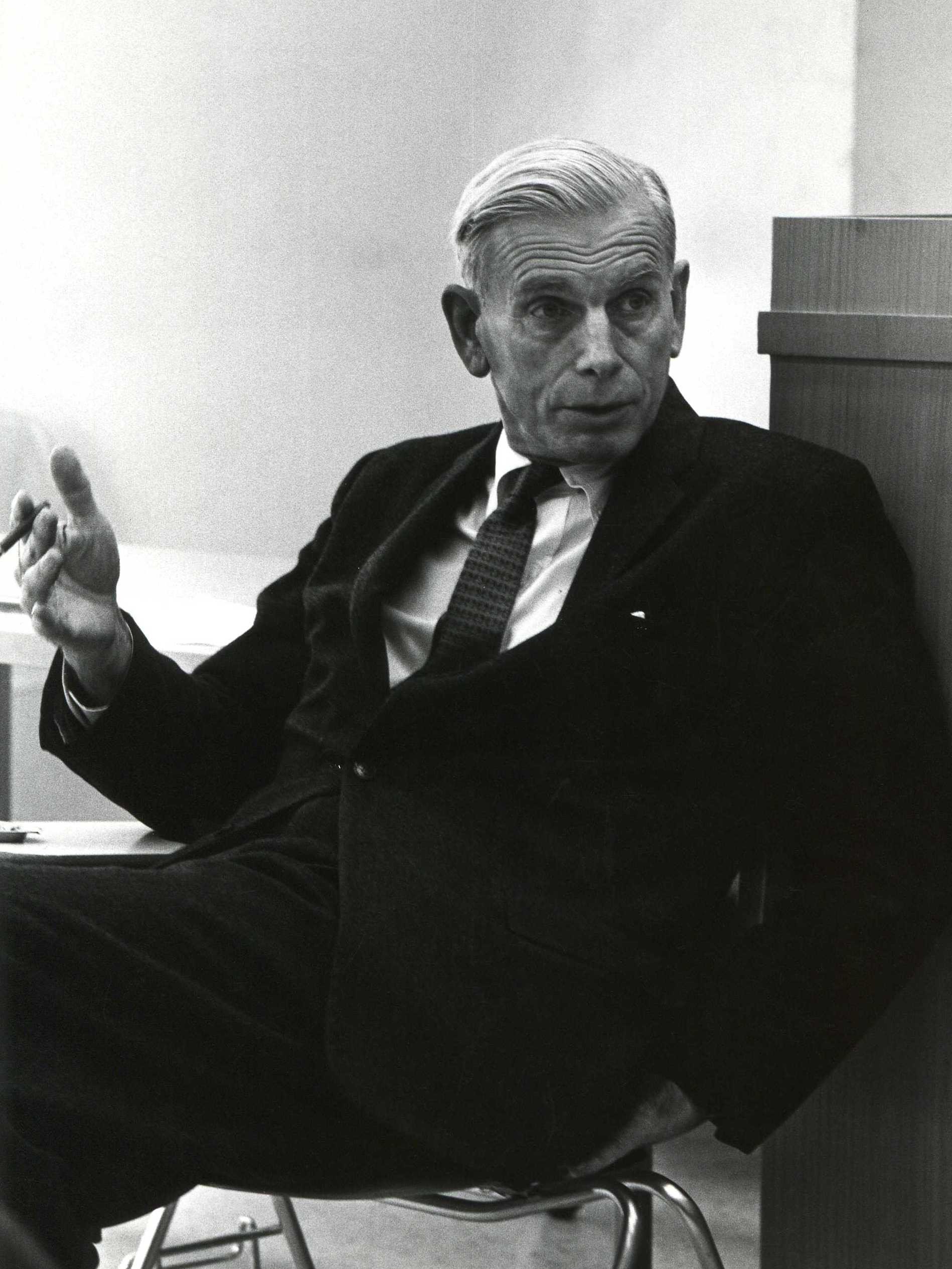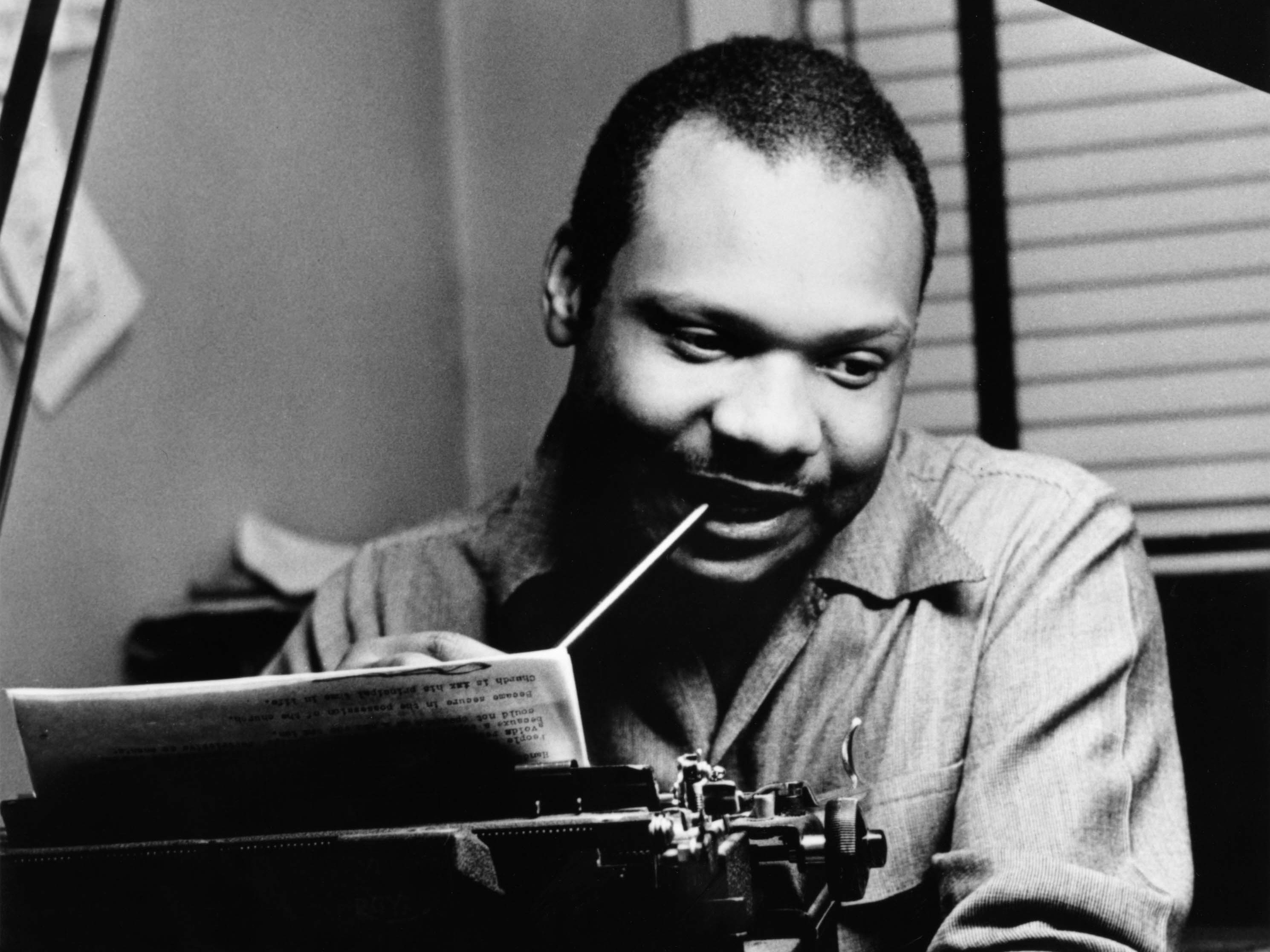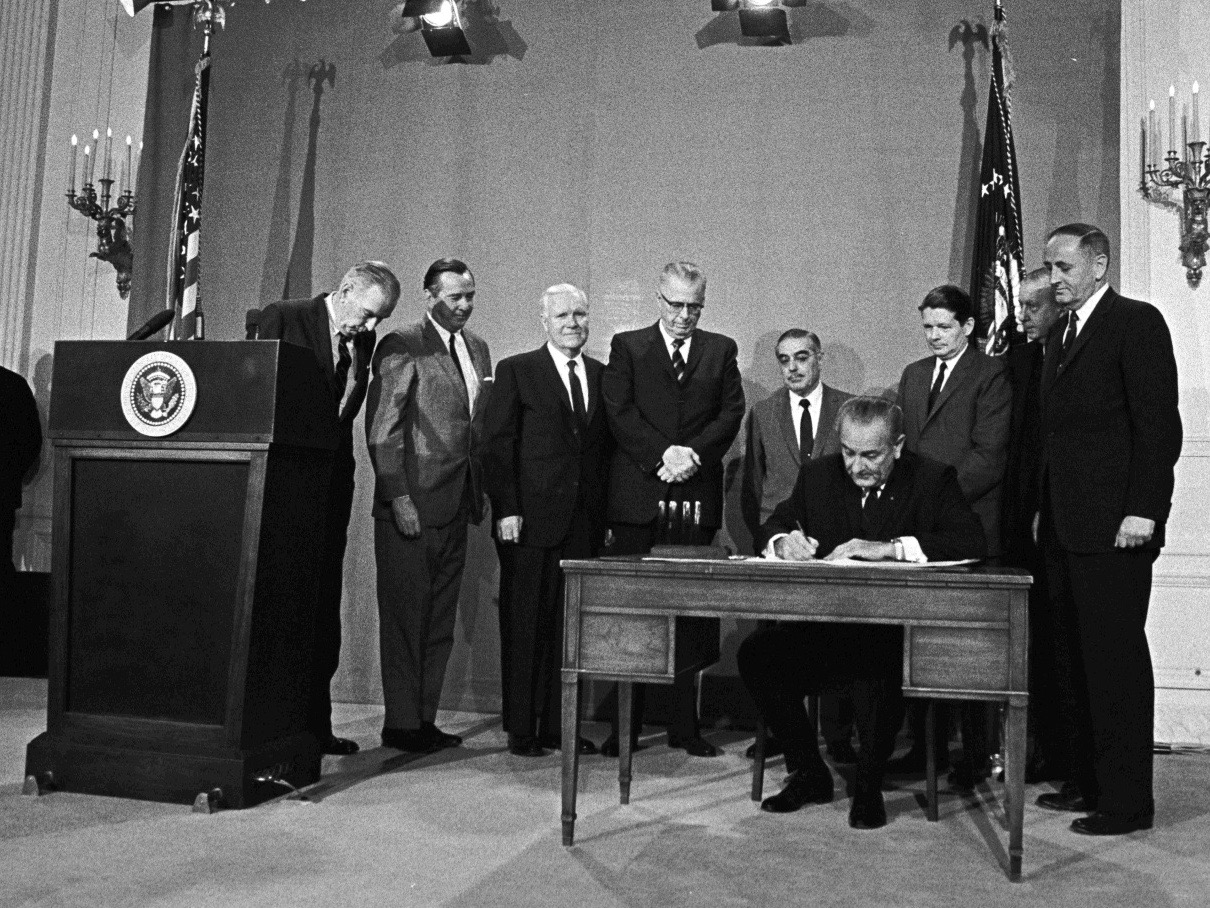Rewind: The Roots of Public Media
This series features scholars of media history looking back at both familiar and lesser-known chapters in public broadcasting’s evolution. “Rewind” is presented in partnership with the Radio Preservation Task Force, an initiative of the Library of Congress.
Colorado station builds vast archive of its history, helps others preserve theirs
Established in 2000, Rocky Mountain Public Media's archive grew from the volunteered work of more than 200 community members.Under two visionary directors, New York’s WNYC became an incubator of pubmedia innovation
Seymour N. Siegel and Morris S. Novik oversaw advances in technology and aired programs that faced social problems head on.How NPR’s Research, Archives & Data Strategy team is saving sounds of the past for ...
NPR’s audio archive is not a history book, but history is “etched in the voices that gave these decades their vitality.”Threatening and threatened, voices of women have defined public radio
From its origins, NPR emphasized contributions from women at a time when they were rarely heard in positions of authority in broadcasting.Educating wasn’t enough for an early pioneer of noncommercial radio
Judith Waller, an educational director for NBC radio, urged her colleagues to look to commercial broadcasters for ideas and collaborations.Battered by political agendas, ‘The Wisconsin Idea’ lives on in public broadcasting
A century-old progressive philosophy in the state has withstood decades of attacks from state leaders.Roots of public broadcasting can be found in Wisconsin’s vision
The progressive “Wisconsin Idea” gave purpose to early educational broadcasting.Channeling Charles Siepmann for public media’s future
The media reformer and scholar urged listeners to remember that the “wavelengths of the air belong to the people of America.”Remembering a public TV drama that delved into lives of black Chicagoans
In the late ’60s, a short-lived WTTW series told a police officer’s story with blunt language and authentic detail.A look back at a pivotal moment for public broadcasting
Approaching its 50th anniversary, the Public Broadcasting Act is arguably the most significant piece of communication policy legislation since 1950.


